by ROSHAN DOUG
THE Royal Shakespeare Company’s (RSC) Tartuffe centres on the household of Imran and Amira Pervez (played by Simon Nagra and Sasha Behar, respectively).
The classic is recontextualised to make the ideas topical and more relevant to the concerns of Britain's post-Brexit, 21st-century multiculturalism. Hence, instead of the Parisian Catholicism of Louis XIV’s reign, we’re given a Muslim family of Pakistani heritage negotiating their cultural identity through their relationship with self-appointed Islamic leaders like Tartuffe (played by Asif Khan) who purport to know what Allah wants and whose interpretation of specific texts in the Quran is relative dependent on situation and audience.
We learn that Imran has put the local imam (Tartuffe) on a pedestal and goes along with whatever he says about being a good Muslim. He even wants his daughter, Mariam (Zainab Hasan) married to this man of the mosque, who is charismatic, opportunistic and manipulative.
Imran also ignores his son, Damee (Raj Bajaj) and his English streetwise lifestyle, which he regards as un-Islamic. At the same time, Imran undermines his wife and friends, blindly following the advice of self-serving imams like Tartuffe.
There were some excellent performances from many cast members. Asif Khan in the title role was comedic, sending up the imam with his blatant disregard for social civility, truth and honesty. His character's seedy mannerisms and indefinable accent that came with a hint of middle-eastern influence will echo in my head for a while.
Nagra and Behar also gave strong, solid performances and their comic timing was faultless. Michelle Bonnard in the role of Darina, the Bosnian cleaner, gave an enchanting performance and Bajaj was energetic and vibrant as the wayward son.
This adaptation of Molière’s 17th-century satire seems like a cross between Goodness Gracious Me and Citizen Khan – though that is no coincidence since both writers (Anil Gupta and Richard Pinto) have worked on these television shows.
The Birmingham setting and the accent are familiar. But, it's the reworking that appealed most to me – its littering of popular cultural references, the pace and delivery. It’s well written, intelligent, funny and fast moving. I got wrapped up in the production that mocks cultural attitudes and expectations and religious hypocrisy - the latter perhaps more relevant today than ever before. The stuff about the politics of wearing the hijab was particularly pertinent and amusing.
But, bearing in mind that some of Molière’s critics deemed the original play as offensive and argued for its ban, I was a tad surprised that there’s been no fuss about this adaptation – not because I personally think it’s offensive or even controversial – but because, there were moments in the play when I thought, ‘That’s a bit risqué’. For instance, the idea of an imam touching a woman’s breasts or eagerly standing over her on a sofa with his Y-front pants was rather suggestive, not to mention the use of colourful language such as ‘t***’.
However, although, to the untutored audience, such instances might seem out of place at the one-time very austere RSC, they were in line with the current push to make the RSC less elitist and more egalitarian. To a large extent, that’s working because the RSC is making a concerted effort to be inclusive and to engage with a wide diverse group of people through their numerous writing schemes, education and schools' programmes and community projects.
Having said that, I was a little disappointed not to see more Asian members in the audience on Tuesday (18, the press night). It seemed that there was only a handful and even one or two of them were media enthusiasts like Satnam Rana from BBC’s Midlands Today. But I was heartened to see the valiant attempt being made by the RSC. That’s got to be encouraged and applauded.
So well done to everyone concerned.
Tartuffe is on at the Swan Theatre at Stratford-Upon-Avon until February 23, 2019




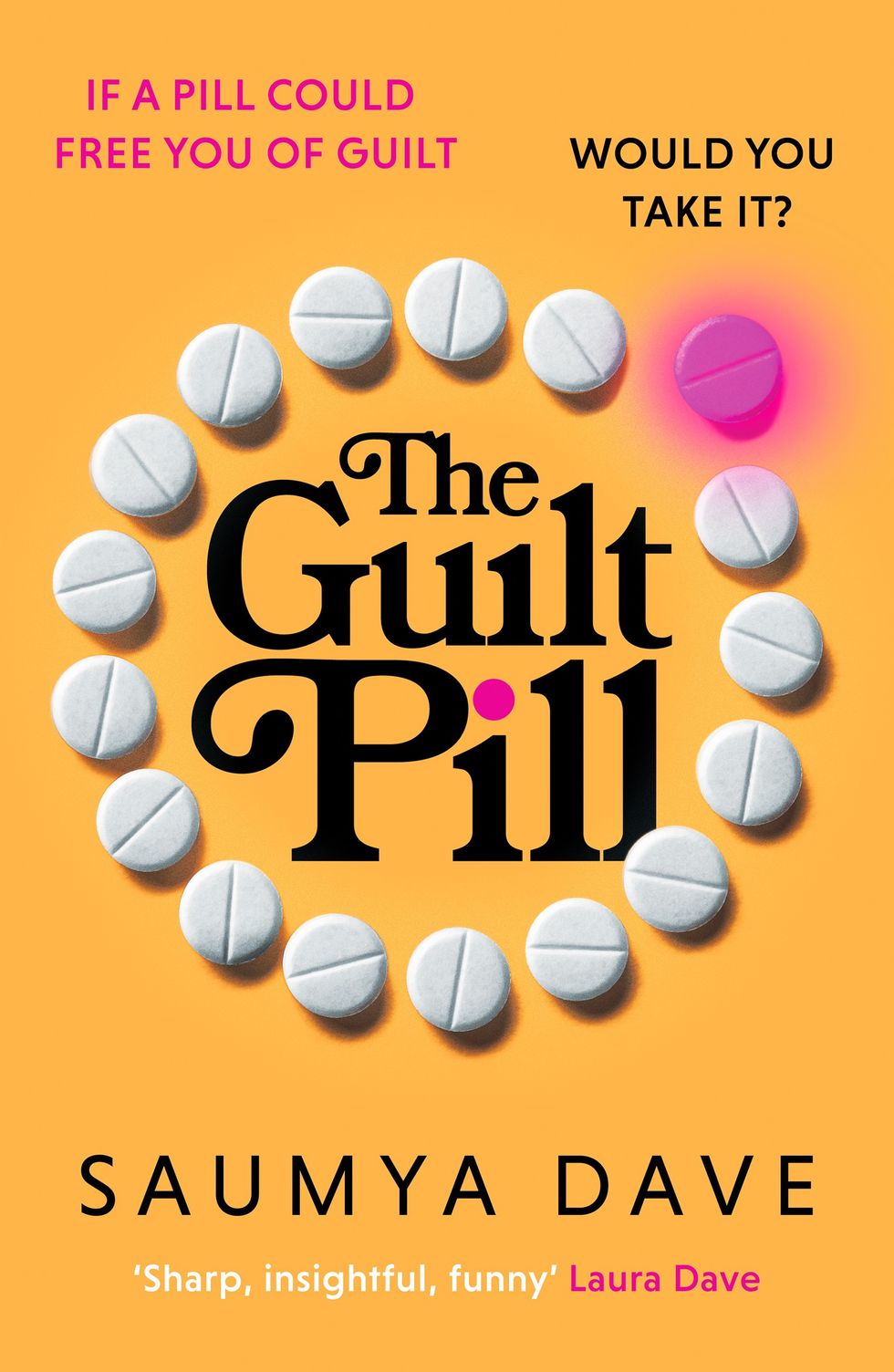 'The Guilt Pill' her latest booksaumyadave.com
'The Guilt Pill' her latest booksaumyadave.com











 Milli Bhatia
Milli Bhatia
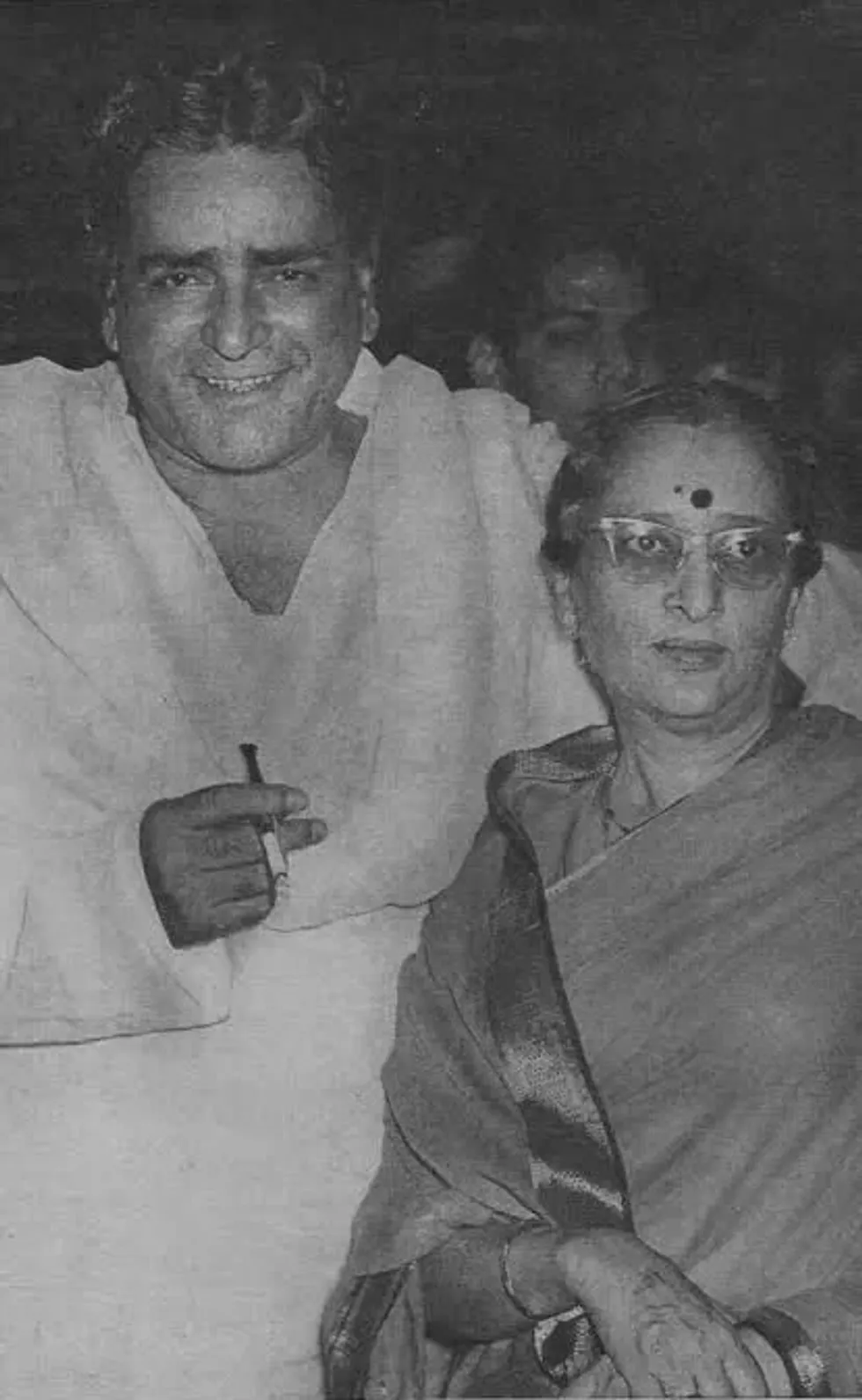 Prithviraj Kapoor and Ramsarni Mehra Reddit/ BollyBlindsNGossip
Prithviraj Kapoor and Ramsarni Mehra Reddit/ BollyBlindsNGossip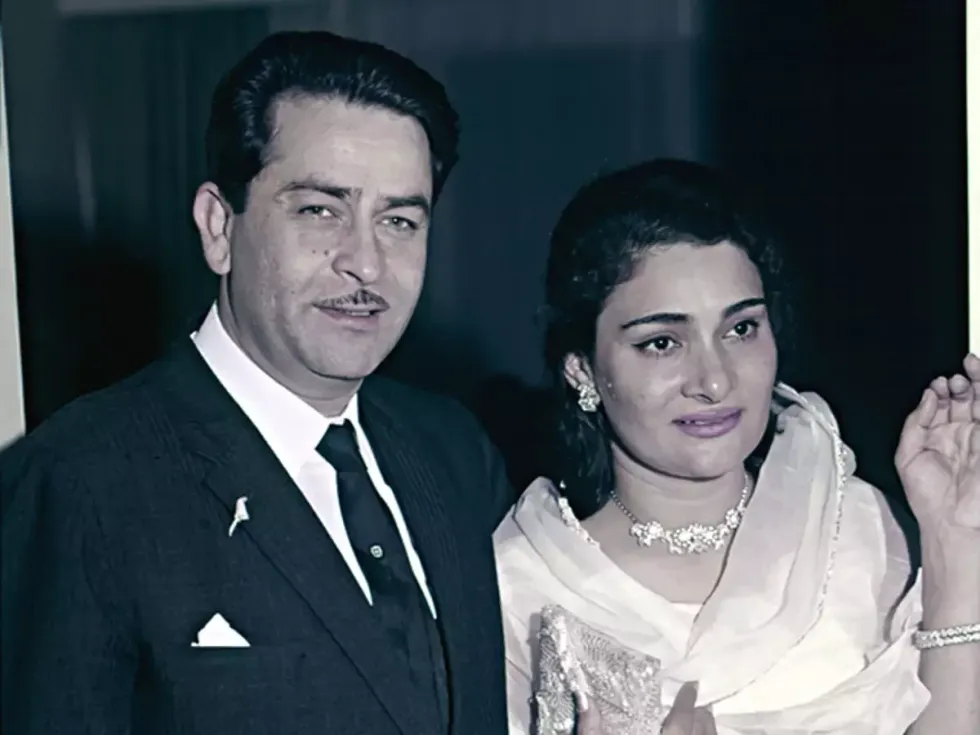 Raj Kapoor and Krishna MalhotraABP
Raj Kapoor and Krishna MalhotraABP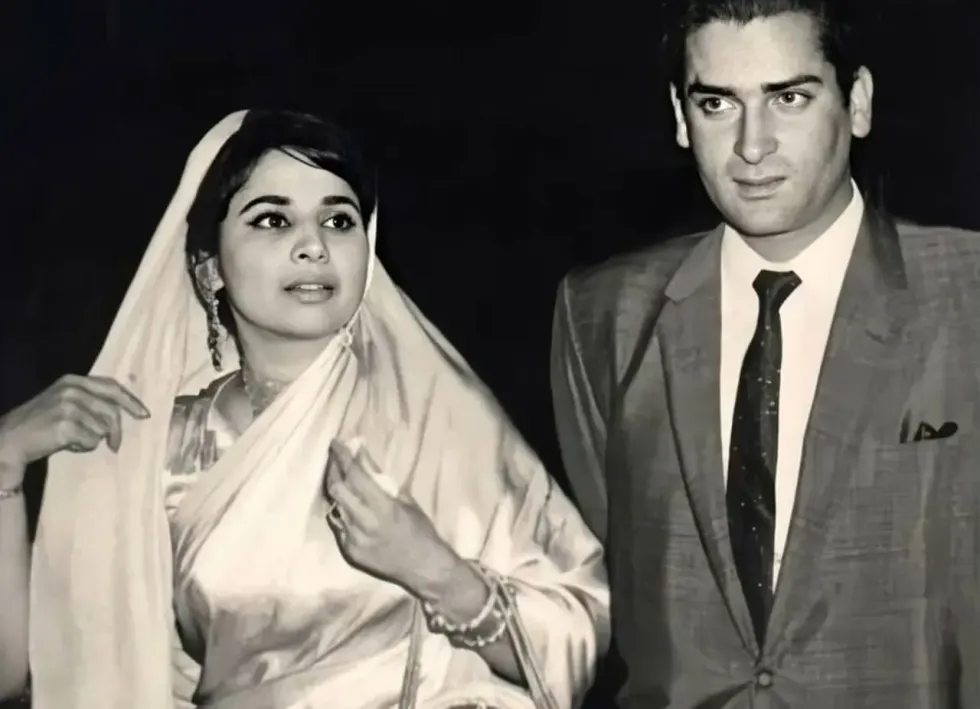 Geeta Bali and Shammi Kapoorapnaorg.com
Geeta Bali and Shammi Kapoorapnaorg.com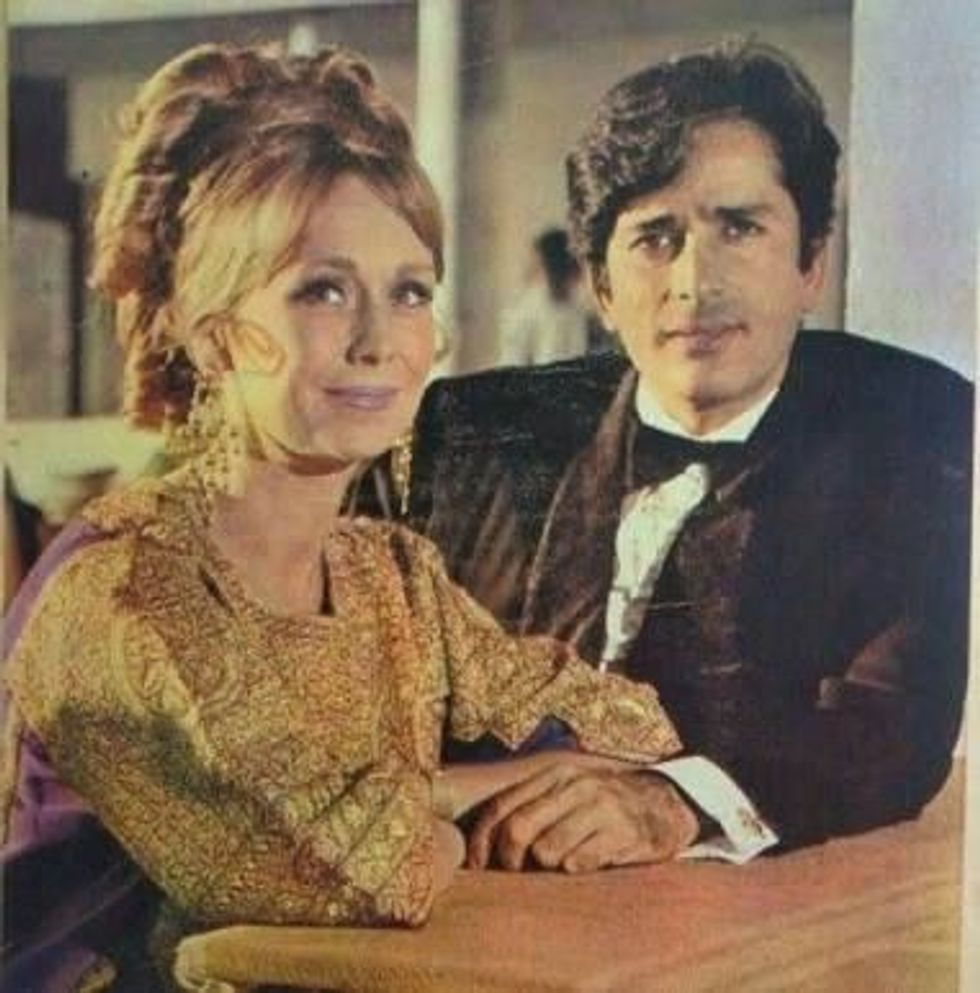 Jennifer Kendal and Shashi KapoorBollywoodShaadis
Jennifer Kendal and Shashi KapoorBollywoodShaadis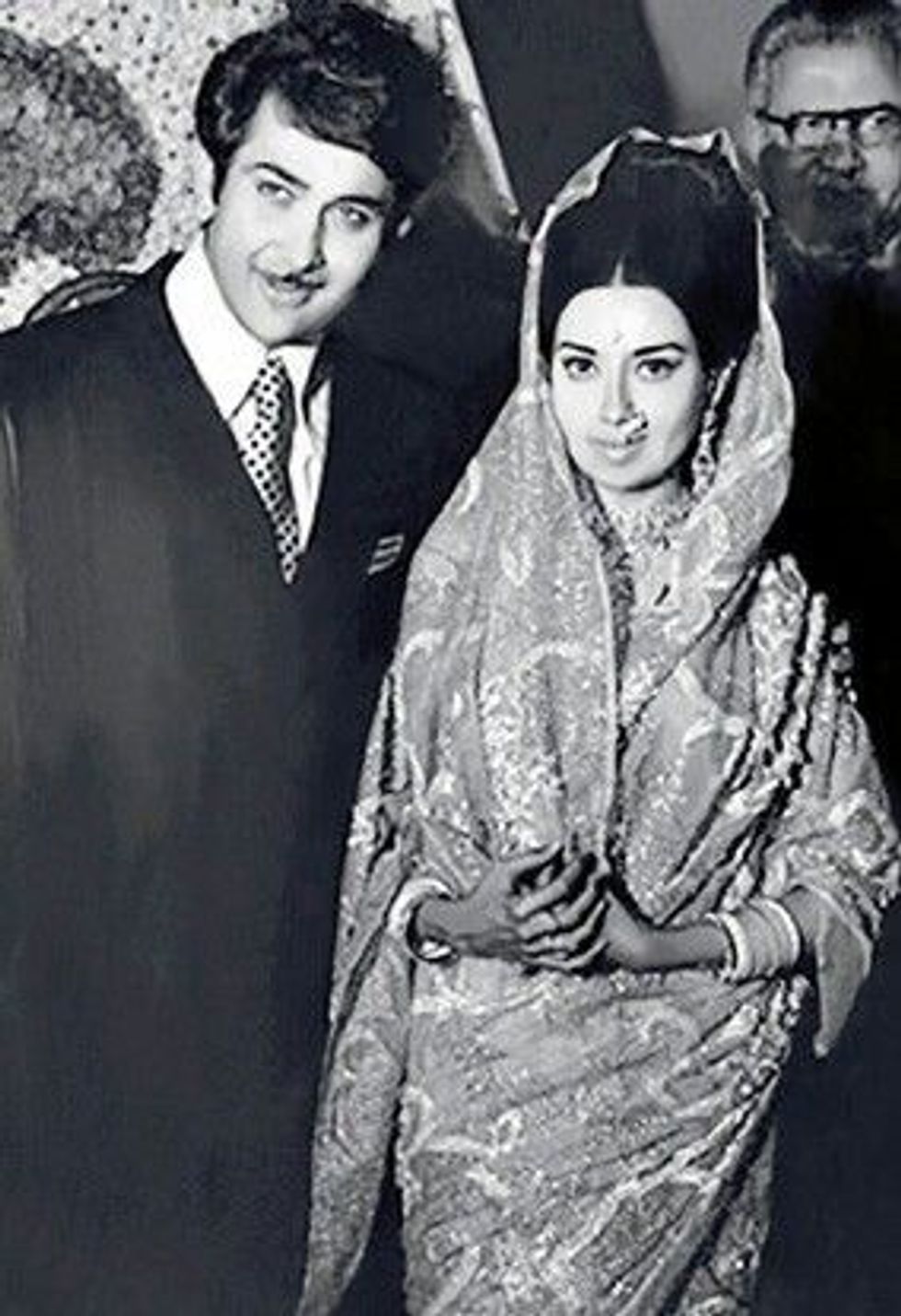 Randhir Kapoor and Babita BollywoodShaadis
Randhir Kapoor and Babita BollywoodShaadis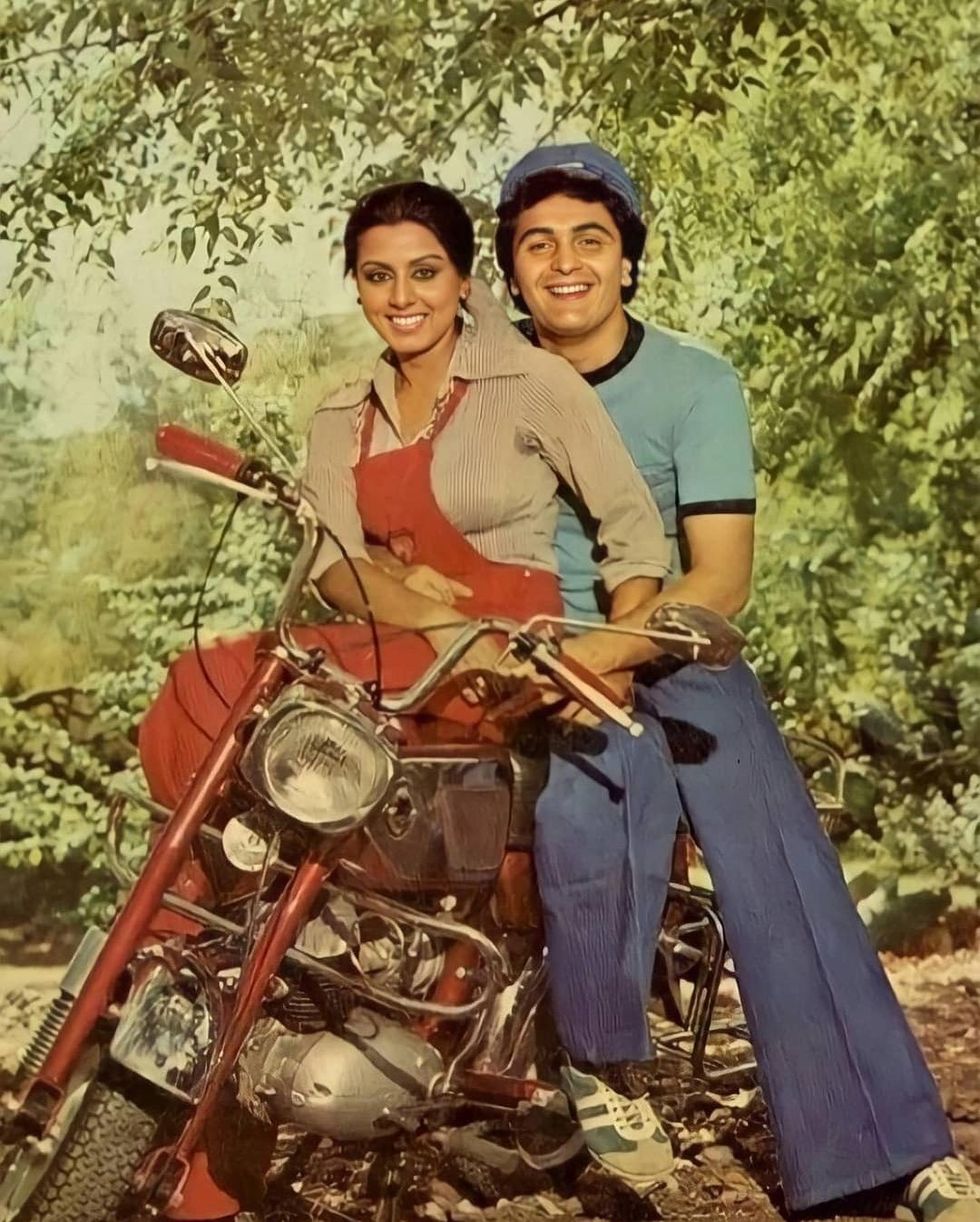 Neetu Singh and Rishi KapoorNews18
Neetu Singh and Rishi KapoorNews18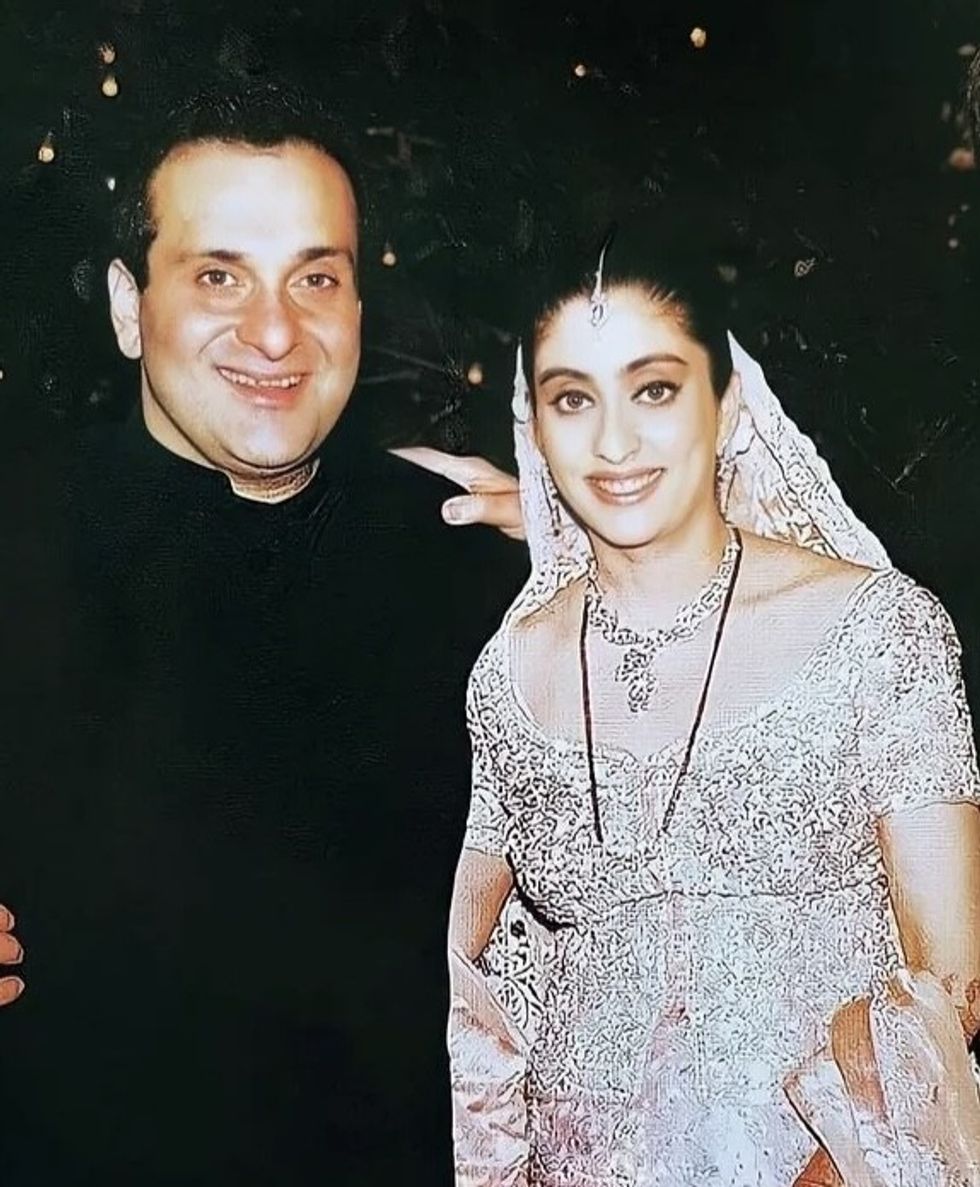 Rajiv Kapoor and Aarti Sabharwal Times Now Navbharat
Rajiv Kapoor and Aarti Sabharwal Times Now Navbharat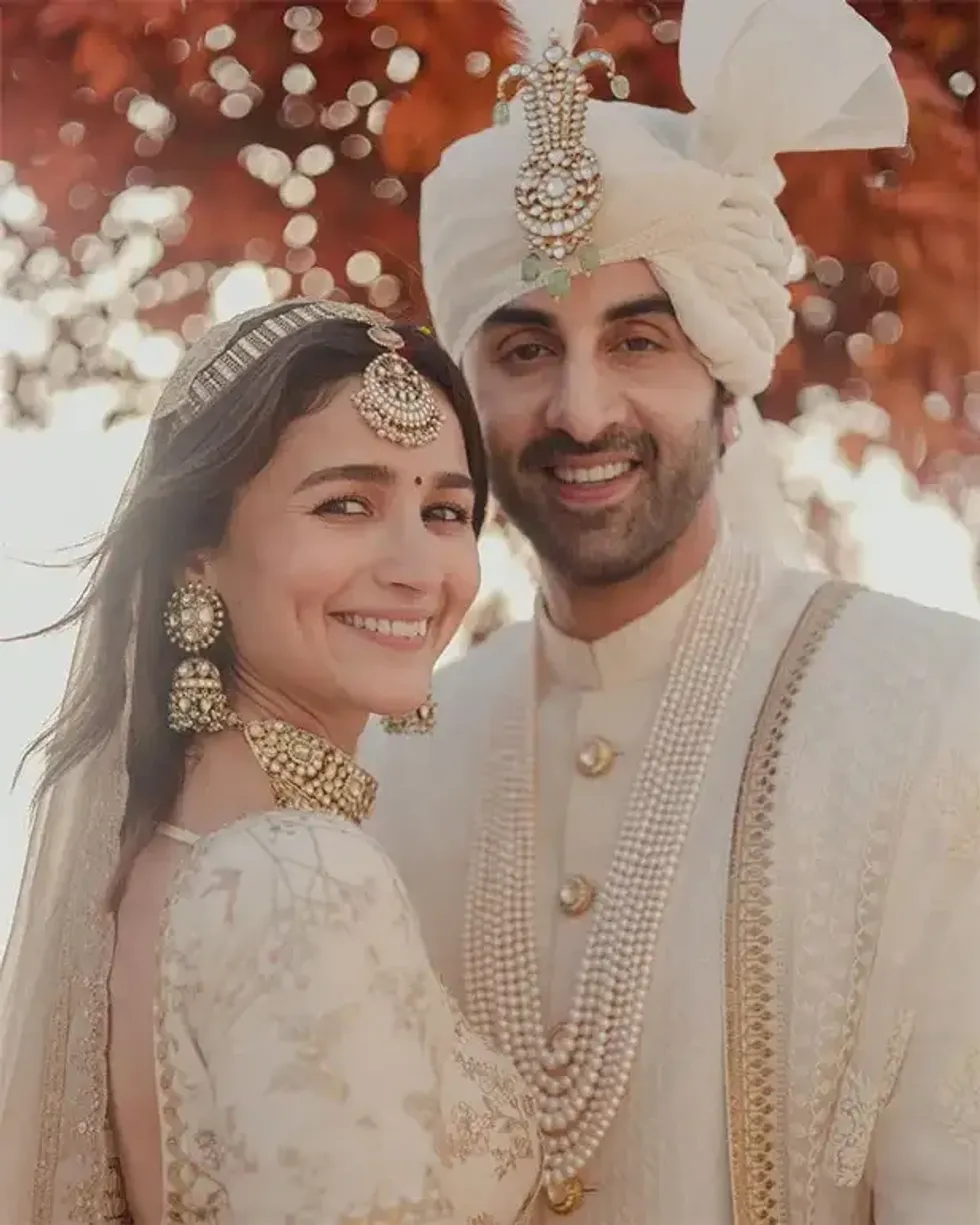 Alia Bhatt and Ranbir KapooInstagram/ aliaabhatt
Alia Bhatt and Ranbir KapooInstagram/ aliaabhatt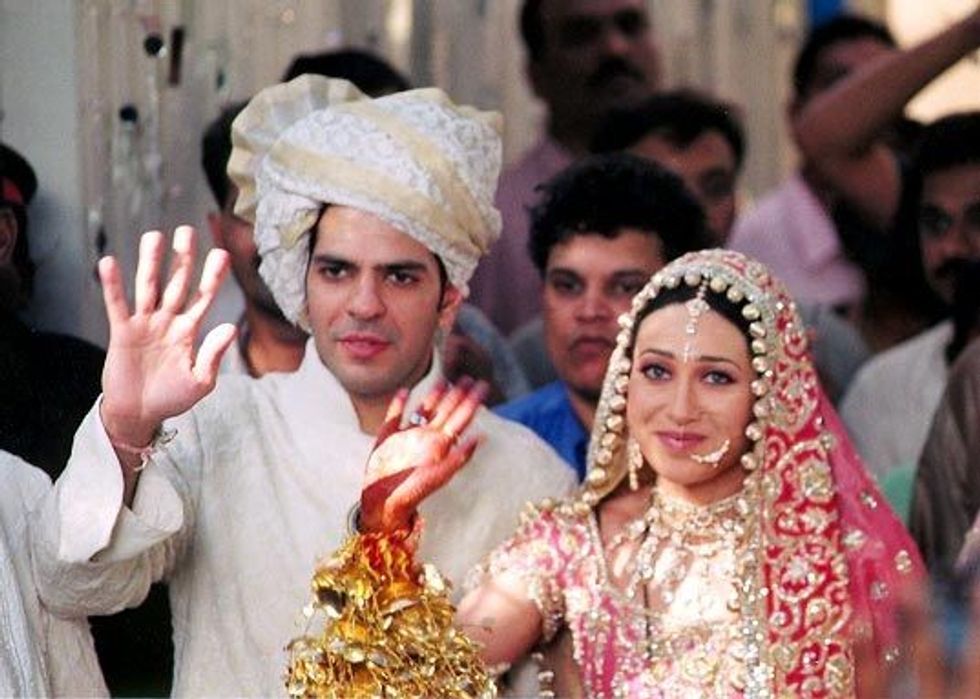 Sunjay Kapur and Karisma KapoorMoney Control
Sunjay Kapur and Karisma KapoorMoney Control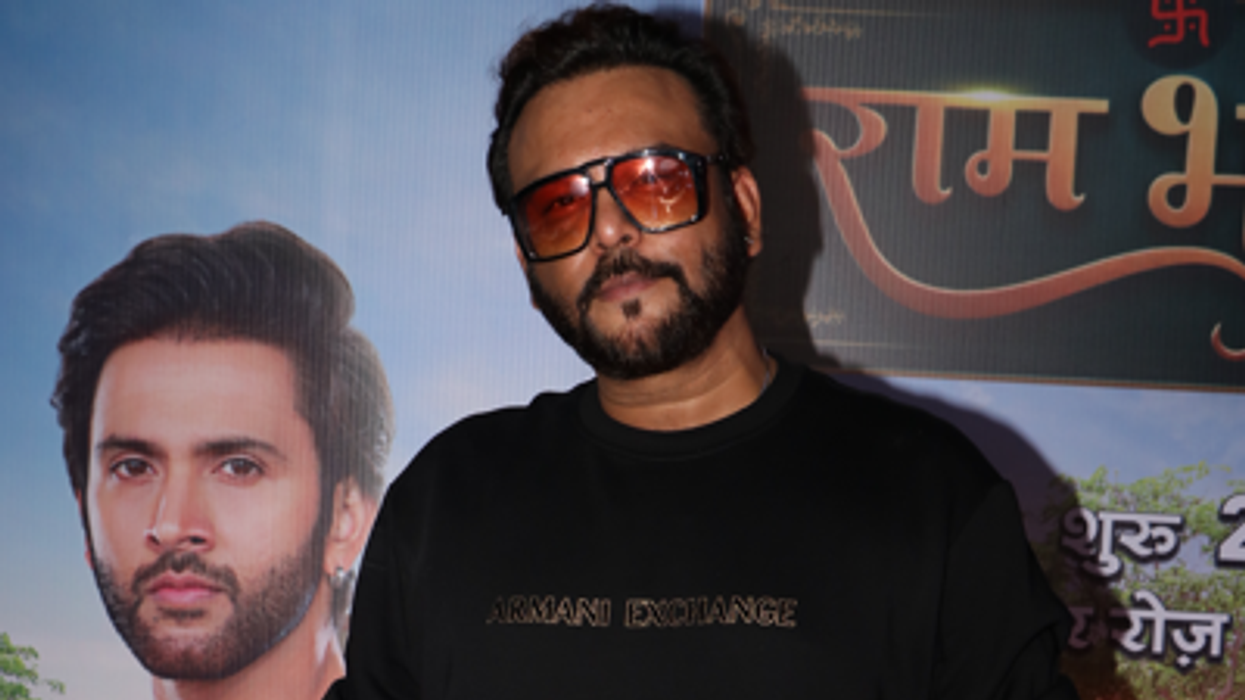
 With actor Kanwar Dhillon in 'Ram Bhavan'Instagram/ rahultewary
With actor Kanwar Dhillon in 'Ram Bhavan'Instagram/ rahultewary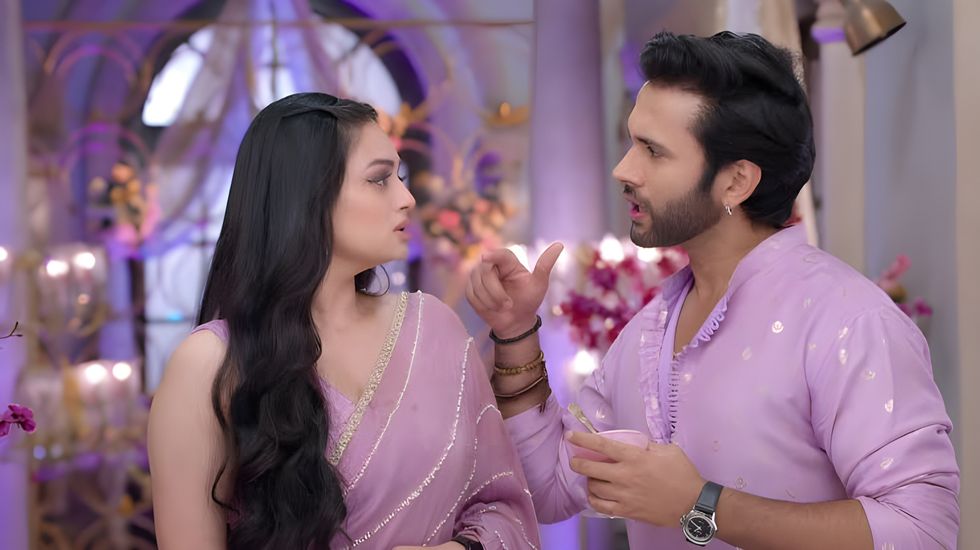 Udne Ki AashaScreen Grab 'Udne Ki Aasha'
Udne Ki AashaScreen Grab 'Udne Ki Aasha'